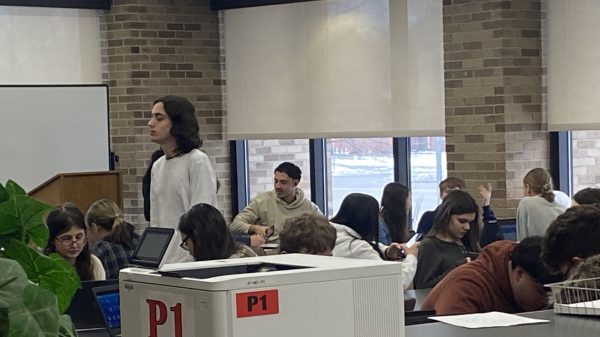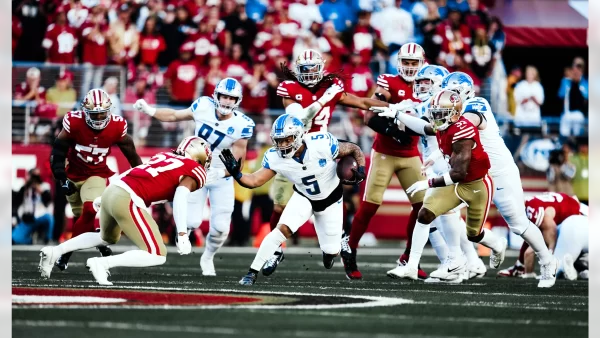Social Media Leads to Spread of Misinformation
From ads to arguments, it is not uncommon to log onto any social media page and see an overflow of political opinions, even more so as elections draw nearer.
When used as a tool, social media can be a useful forum to discuss ideas and to pass on information, but when it is used improperly, social media can be used to spread slanderous rumors and things can be taken out of context. It is also much easier to say things in a tweet or post than it is when talking to people face to face. This can ruin someone’s reputation if they speak (or post) without thinking.
“I feel that by having social media it could expose people to a new belief that they would not have been exposed to otherwise,” Juliana Riley ‘22 said “I also feel like it is a platform that some people could use to broadcast their belief and that could sway people in a way without the swaying party knowing everything about that political standpoint and ultimately be against their beliefs. I think social media and influencers can paint a very biased view on candidates and because it is so easy to get information people do not dig deeper to differentiate between what is fact and what is opinion for themselves. It also keeps candidates with less of a campaign or media presence less space to talk about their policies, which can lead to very one sided elections, especially if someone does not want to vote for the person in the limelight and they do not know anything about lesser known candidates.”
Nate Shannon, Michigan state Representative, uses social media to publicly state his beliefs and to act on the things he cares about.
“This day in age social media plays a large role in people’s opinions about politicians,” Shannon said. “It is unfortunately being used more and more to disseminate misinformation. Social media is so important for me to get information out to my constituents. If someone were to check my social media pages, they would see that I post things that inform people about important issues or to announce public events that they can participate in. Finally, similarly to my previous answer, social media has its downsides. Misinformation or bullying happens to politicians too. It is sad that people feel emboldened to behave in a way that they would not in person.”
Social Media, like most technological advancements, is a double edged sword. It can help people in many ways, but it can also cause severe damage.
“Social media can affect someone’s reputation by many negative remarks someone makes to the individual,” Kleio Zografi ‘21 said. “Someone can easily make a rude remark or spread a rumor about a person, whether fake or true, and other people can share or repost it and that can lead to internet attacks. These attacks then will mentally affect the person and can cause depression, or suicidal thoughts or even anger. I think social media is the biggest controller of the flow of information because someone can easily post a shocking statement or ‘fake news’ and this can spread within minutes to millions of people around the world. I think it can have a negative or positive effect on the flow of information.”



